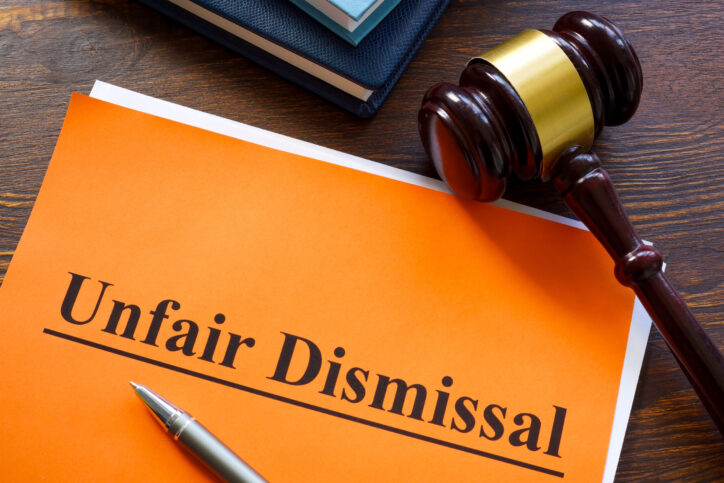You want your employees to perform well in their roles, but sometimes they may fall short of what’s required. When this happens their behaviour and actions may have far-reaching consequences not just for your business itself but also work colleagues.
Once these issues have become apparent, it’s best to establish how long it’s been in existence and the severity of their performance which falls below par.
It’s often difficult to know what action to take. Here are three key pointers to help in the decision-making process.
Should I terminate or improve someone’s behaviour?
It’s important to reflect on the employee’s past history, performance and commitment to their role. Consider if your employee’s work has been exemplary up to now, or whether there have been long-standing issues within the workplace which have already been highlighted by managers or co-workers.
Knowing the best course of action can be difficult, perhaps a closely monitored performance management plan needs to be enforced. You may feel this person will not improve and that it may be better to terminate their employment. It’s not an easy decision to make and throughout the process, document your conversations or warnings as this may help you decide your final course of action.
Think about the way, your staff communicate with that employee, and how well they fit into the organisation. Perhaps they are under performing because of lack of skills and expertise and maybe this could be rectified through some better training.
Everyone makes mistakes and employees should be given the opportunity to learn from theirs. A performance management plan sends out a clear message that as an employer, you are prepared to give them a second chance.
Perhaps this person has been given ample opportunity to step up to this role and there are too many short comings in too many areas which would need to be addressed and therefore a termination may be better suited.
If termination is a real possibility, think about the consequences, not only to your employee but also to the business as it could take several weeks to find a suitable replacement for that role.
Do I have time to devote to doing performance management properly?
A performance management plan is an ideal way to give your struggling employees the opportunity to improve on their quality of work. But it does take time to oversee and organise. Typical time frames for performance management programs are around 60 to 90 days.
Once a plan has been devised, there needs to be monitoring and meetings to establish that the employee is following through to their set objectives.
Good communication should be encouraged throughout, between both parties and your employee should be praised and encouraged when they can prove that they are meeting their goals and improving.
What could go wrong?
Termination is a complex area and if you decide to terminate, discuss the issue with your human resources department, but don’t pass the issue over to them. Managers who’d rather not deal with the stress and fallout from dismissing an employee shouldn’t hand the process over to HR, as they cannot be accountable for an employee’s credentials.
In a British landmark case of Ramphal V Department of Transport, changes were made to a manager’s report on an employee after the HR department became involved.
A suggested final written warning was altered to a summary dismissal for gross misconduct. A tribunal hearing found that the disciplinary outcome had been improperly influenced by HR and was unfair.
It may be difficult to justify your employee’s shortcomings because of a lack of evidence and documentation and you need to be able to monitor this and give effective feedback.
Performance management has been criticised on many levels, namely because rather than encourage people to perform better it makes them more disengaged and research shows the more engaged they are within a company the better they perform.






